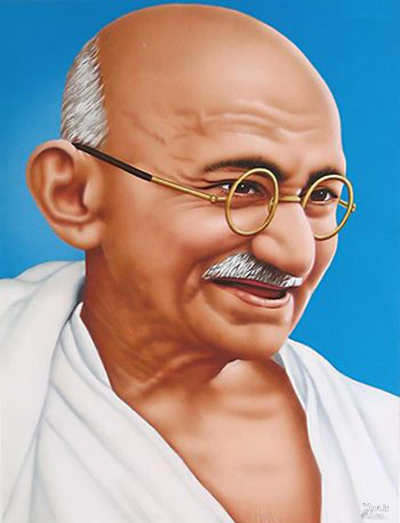
All right relations between master and operative ultimately depend on justice. As an illustration let us consider the position of domestic servants.
We will suppose that the master of a household tries only to get as much work out of his servants as he can, at the rate of wages he gives. He never allows them to be idle; feeds them as poorly and lodges them as ill as they will endure.
In doing this, there is no violation on his part of what is commonly called ‘justice’. He agrees with the domestic for his whole time and service and takes them, the limits of hardship in treatment being fixed by the practice of other masters in the neighborhood. If the servant can get a better place, he is free to take one.
This is the politico-economical view of the case according to the doctors of that science who assert that by this procedure the greatest average of work will be obtained from the servant, and therefore the greatest benefit to the community, and through the community, to the servant himself.
That however is not so. It would be so if the servant were an engine of which the motive power was steam, magnetism or some such agent of calculable force. But on the contrary he is an engine whose motive power is the Soul. Soul force enters into all the economist’s equations without his knowledge and falsifies every one of their results. The largest quantity of work will not be done by this curious engine for pay or under pressure. It will be done when the motive force, that is to say, the will or spirit of the creature, is brought to its greatest strength by its own proper fuel, namely by the affections.
It does happen often that if the master is a man of sense and energy, much material work may be done under pressure; also it does happen often that if the master is indolent and weak, a small quantity of work, and that bad, may be produced by his servant. But the universal law of the matter is that, assuming any given quantity of energy and sense in master and servant, the greatest material result obtainable by them will be not through antagonism to each other, but through affection for each other.
Nor is this one whit less generally true because indulgence will be frequently abused, and kindness met with ingratitude. For the servant who, gently treated, is ungrateful, treated urgently, will be revengeful; and the man who is dishonest to a liberal master will be injurious to an unjust man.
In any case and with any person, this unselfish treatment will produce the most effective return.
I am here considering the affections wholly as a motive power; not at all as things in themselves desirable or noble. I look at them simply as an anomalous force, rendering every one of the ordinary economist’s calculations nugatory.
The affections only become a true motive power when they ignore every other motive and condition of economics. Treat the servant kindly with the idea of turning his gratitude to account, and you will get, as you deserve, no gratitude nor any value for your kindness; but treat him kindly without any economical purpose, and all economical purposes will be answered; here as elsewhere whoever will save his life shall lose it, whoso loses it shall find it.
Excerpted from ‘Until This Last – A Paraphrase’ translated from Gujarati. The 148th birth anniversary of Mahatma Gandhi was celebrated on October 2.
Mahatma Gandhi






